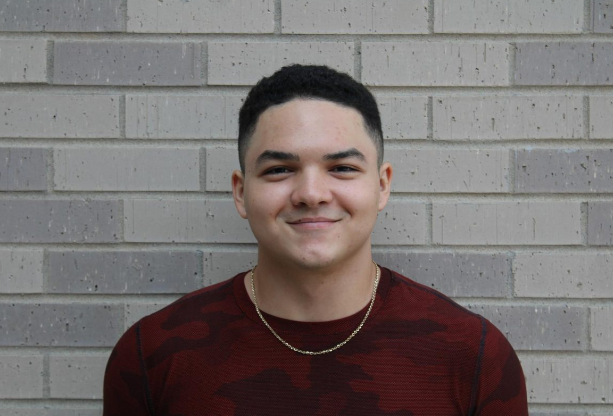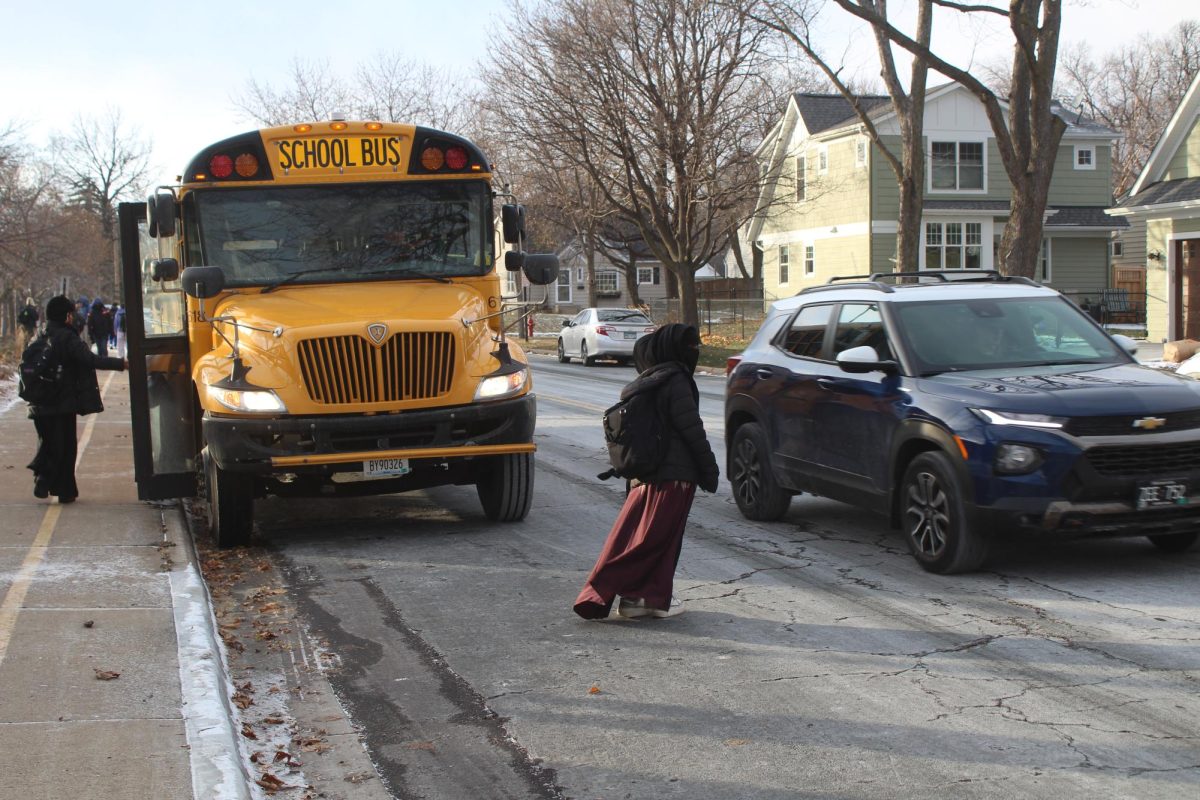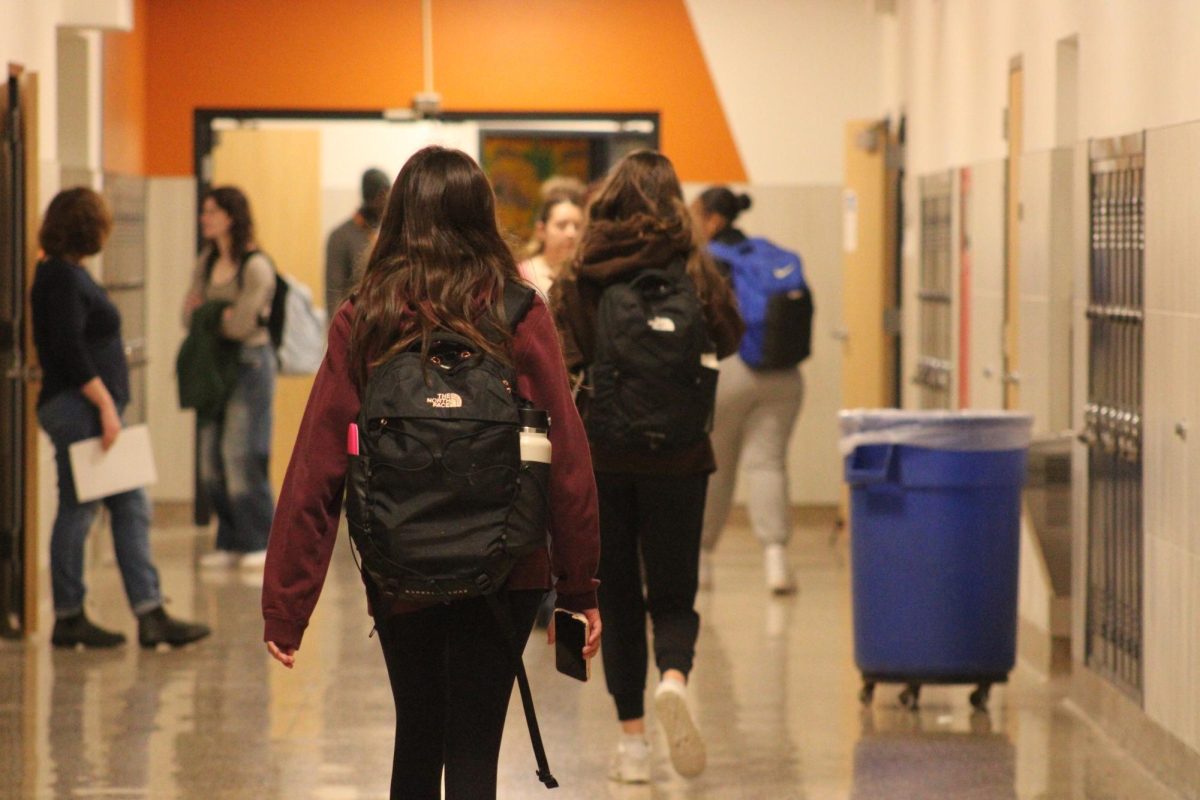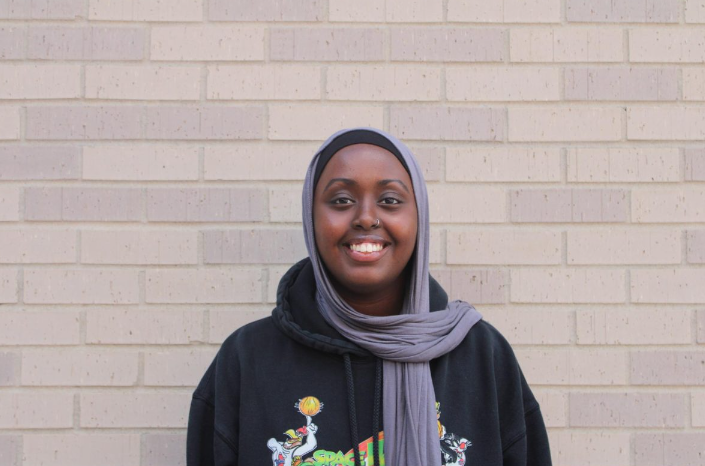Park should modify its holiday absence policy
After missing school for the Jewish High Holidays, junior Leah Shapiro was surprised when her grade suddenly dropped.
“It was difficult because my teacher wasn’t accommodating after I was absent from school for a holiday,” Shapiro said. “I missed three days of lessons and was tested on material I never learned.”
According to the Jewish Affairs Department at the University of Colorado-Boulder, observant Jews would have to miss 13 days of school every year if all the major Jewish holidays fell on weekdays, as they sometimes do. As high school grades and attendance become more important for college acceptance, missing 13 days of class a year makes a difference to students.
The district should be more considerate to religiously observant students in its schools, as many Jewish and Muslim students attend Park. There are six synagogues in St. Louis Park, a high number for a city of only 44,102 inhabitants. It is important that teachers and administrators are understanding when dealing with students of different ethnic backgrounds.
In Koenick v. Felton, a 1999 federal court case, it was ruled that giving religious holidays off from school to limit student and teacher absences is constitutional. This ruling encompassed holidays like Yom Kippur, the Jewish day of atonement, and Eid al-Adha, the Muslim feast of the sacrifice.
Winter break always includes Christmas, a major Christian holiday. It is unfair to students of different major religions to have school on their holidays. Other public school districts with large ethnic populations including New York City and Portland, OR. receive important religious holidays off. Park should follow in their lead and cancel school on major holidays to be fair to its ethnically diverse student body.
If Park will not call off school for major religious holidays, the district should at least have a more consistent policy in place for work missed because of religious absences. Teachers’ policies are widely varied, which is confusing to students as expectations vary from class to class.
Park should adopt the uniform policy of allowing one week for late work missed for religious reasons to be turned in. Also, teachers should not give tests on or the day after a religious holiday, as religious students may not be permitted to study or do homework on holidays. Uniform policies will limit confusion and end some of the difficulties religiously observant students face.
We live in an increasingly global society, and Park is affected by that. Our ethnically diverse student body should be respected and celebrated, not punished for their religious beliefs.








